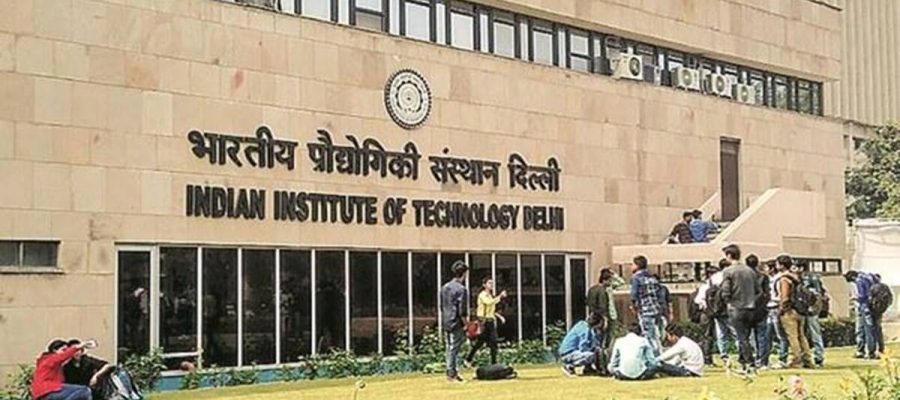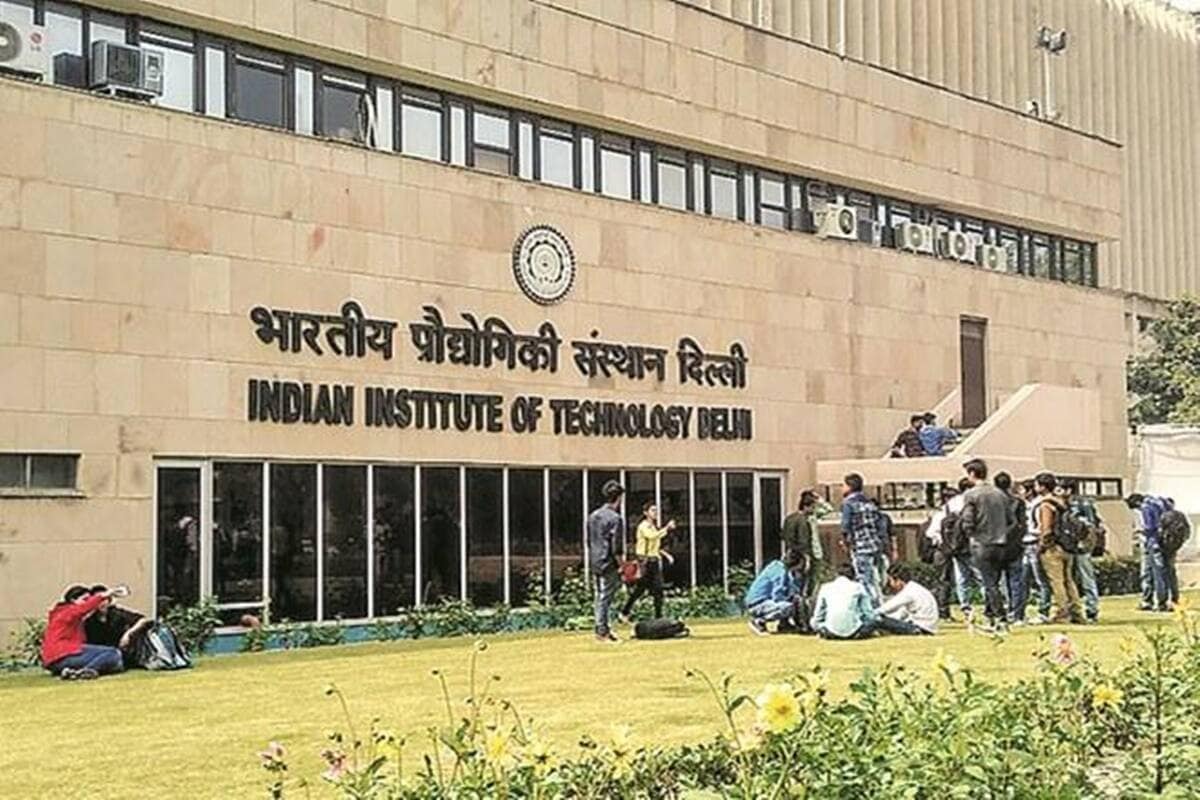Candidates with bachelor’s degrees such as MBBS, BA LLB (Hon), BArch, BTech, BSc (Ag), BVSc, or equivalent; and postgraduate degrees such as MA, MSc, MPhil, Integrated MSc/MA, MTech or equivalent are eligible to apply.
The Indian Institute of Technology (IIT), Delhi, will start a new postgraduate programme ‘Master of Public Policy (MPP)’ from the academic session 2021-22 with a focus on Science, Technology, and Innovation (STI) and development. The programme will be offered by the institute’s School of Public Policy (SPP).
Candidates with bachelor’s degrees such as MBBS, BA LLB (Hons), BArch, BTech, BSc (Ag), BVSc, or equivalent; and postgraduate degrees such as MA, MSc, MPhil, Integrated MSc/MA, MTech or equivalent are eligible to apply. Also, sponsored candidates from various industries/ academia/ government organisations can apply. For more information on the programme, candidates can visit https://owncloud.iitd.ac.in/nextcloud/index.php/s/JW8PCPQ8pds6BYo.
The programme will focus on developing critical thinking, analytical abilities, and ethical practices among the students, equipping them to take on STI & public policy issues in the spirit of furthering the public interest. Thus, in the long run, this MPP programme aims to supply the human resources required to build institutional capacity and enhance political processes on questions related to STI and the public interest in India and beyond.
Ambuj Sagar, Head, School of Public Policy, IIT Delhi said, “It will help students understand and contribute to how STI can address developmental challenges in a better way, the importance of which cannot be overstated and will only grow over time. All in all, we believe that this will be an exciting and unique learning opportunity for the students.”
The MPP students may find career opportunities in various capacities (consultants, researchers, academics) at various levels (local, regional, national, international) in various fields (agriculture, environment, health, education, and entrepreneurship), engaging with issues pertaining to (but not necessarily limited to) STI and public policy.
Source: Read Full Article


